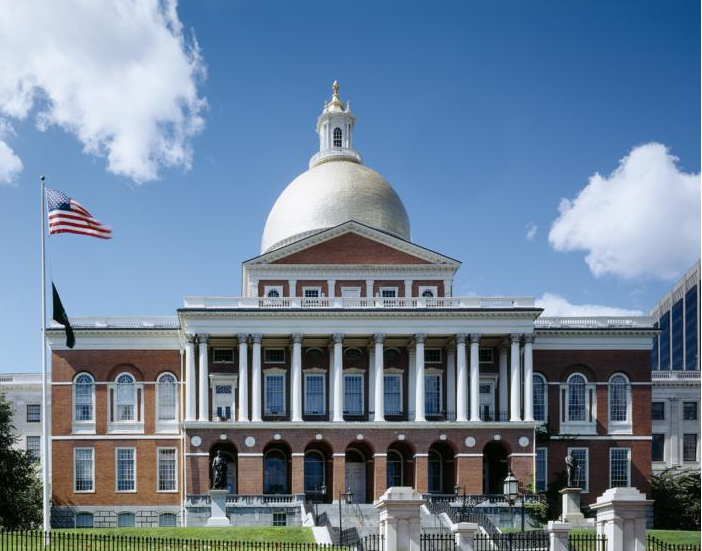Calling judges “Your Honor” is stupid and un-American. At least, that’s what I think. And while it may just be the raging narcissist within me, I feel the person deciding your legal future being able to punish you for not being appropriately deferential towards them is a ridiculous idea that has no place in modern democratic societies.
The term “Your Honor” originated in feudal times as an honorific (no pun intended) for the titled nobility. It became recognized cultural practice to refer to judges as “Your Honor” in the West in the 18th and 19th centuries. This was the time period when we were busy ridding ourselves of the nonsense that is ‘nobility’ (some of us more than others, coughs Britain coughs). And with the number of aristocrats dwindling, the term “Your Honor” began to find more use in reference to judges.
The fact the term originated as a title for nobles should be cause enough for us in the U.S. to drop it; notions of titles and nobility are in complete opposition to our founding principles. The term is closer in spirit to the British monarchic traditions of the sovereign speaking first in all conversations and walking ahead of others when travelling on foot than it is to any of our liberal democratic traditions. We fought a war of independence to be free from the monarchy, not to implement a bastardized version of it in our own country.
There are, of course, some counterarguments to my position. Some would argue the term is a sign of respect not toward the individual, but toward the institution of the judiciary. This is a pretty reasonable position, and one I suspect most people hold. To show respect to the judiciary as a whole, we show respect to individual judges.
Unfortunately, judges themselves are simply not stand-ins for their group. Much like any other group comprised of individuals, they are human beings with their own faults and flaws — and egos. The way our system is currently set up allows for them to develop the idea that the courtroom is their own personal fiefdom, wherein the slightest deviation from what they consider appropriately deferential is cause for either a verbal whipping in front of the court, or worse, being held in ‘contempt of court’ with whatever punishment follows.
The term “Your Honor” cannot be divorced from this pathology of judges; it is one part of building the idea of the court as their fiefdom.
The second argument against my position is somewhat stronger: unlike nobility and titles which were conferred by birth, the respect afforded to judges is earned through hard work in the legal profession.
While this is true, it ignores the fact that judges as a group are not uniform. Being a judge is an indicator of significant legal skill and acumen — though not even that in all cases, unless you want to argue winning an election is an indicator of legal knowledge, not an indicator of general intelligence.
If one of the most celebrated modern jurists, the late Antonin Scalia, can get his news largely from talk radio while also being a brilliant legal scholar, the idea that legal knowledge confers a high degree of general intelligence is a myth. Some judges may be highly intelligent individuals; others, to put it mildly, may not.
The problem with forcing respect for everyone in the group is that it prevents us from being able to make individual judgements, and to decide who is worthy of respect and who is not. That is the way it should be in a liberal, democratic society. That we have not yet come around to realizing this is concerning.
There are signs of progress, however. A judge in Kentucky is currently raging against the term “Your Honor”. It seems at least one judge agrees with me. Do you?
Manas Pandit can be reached at [email protected].




















